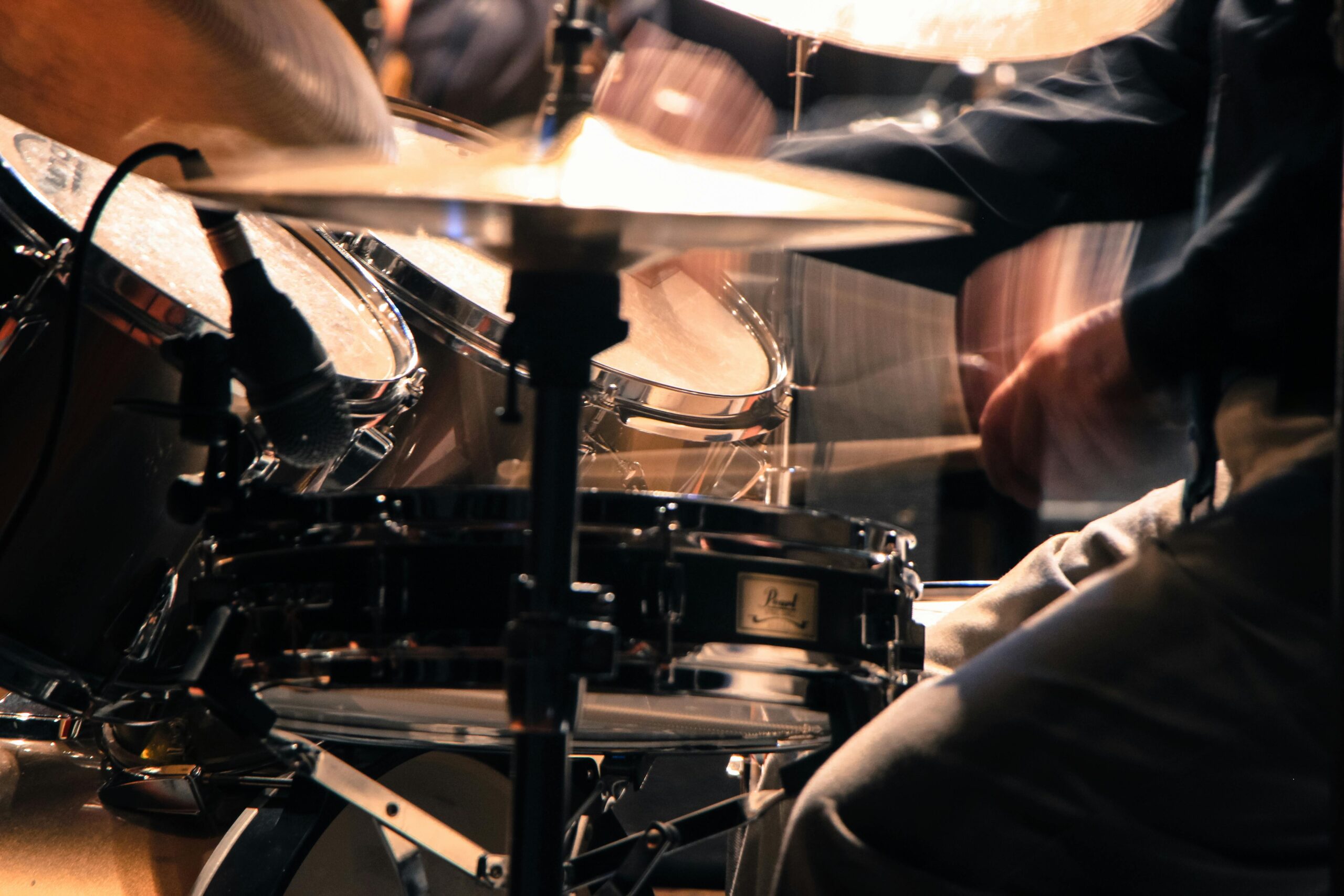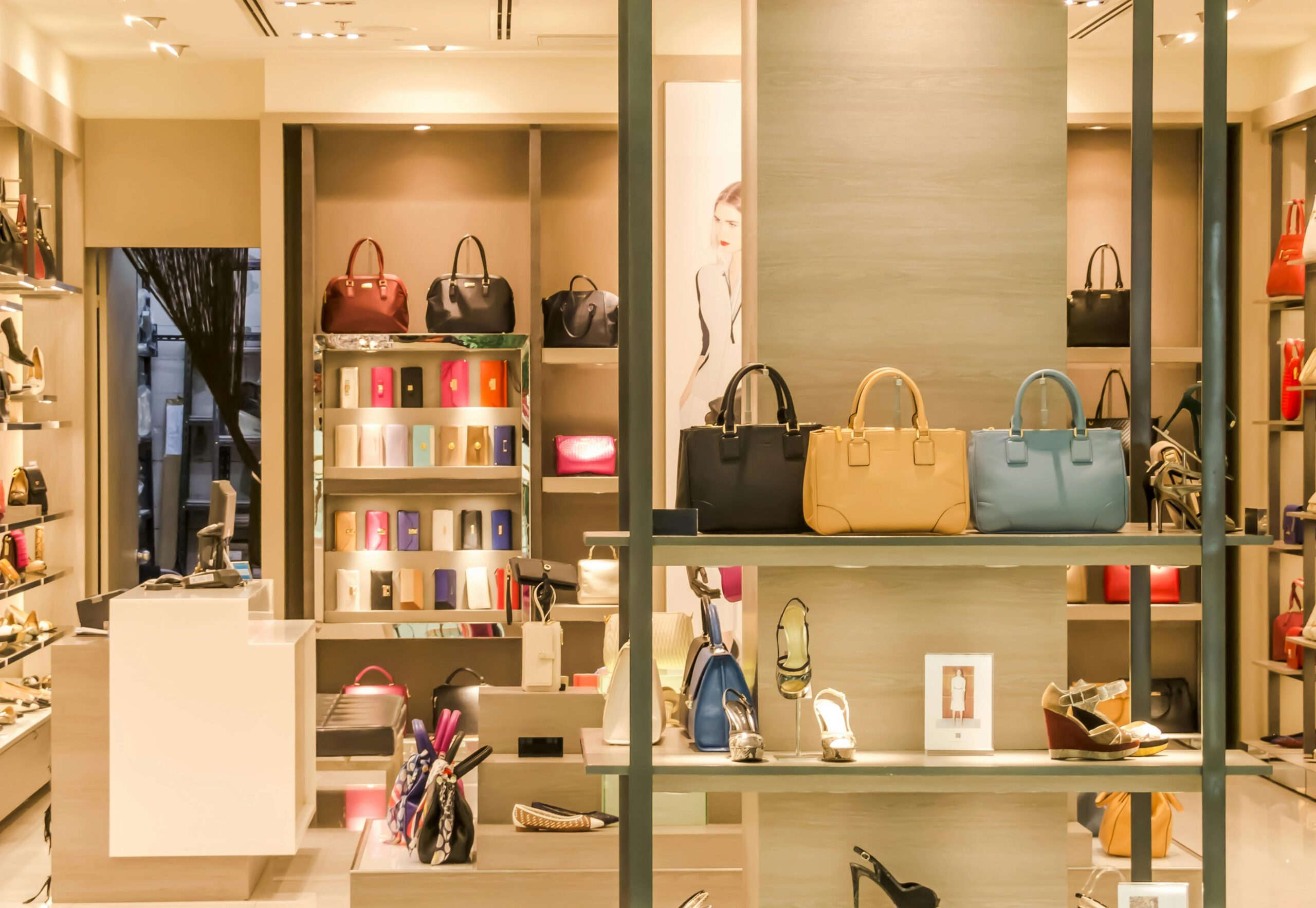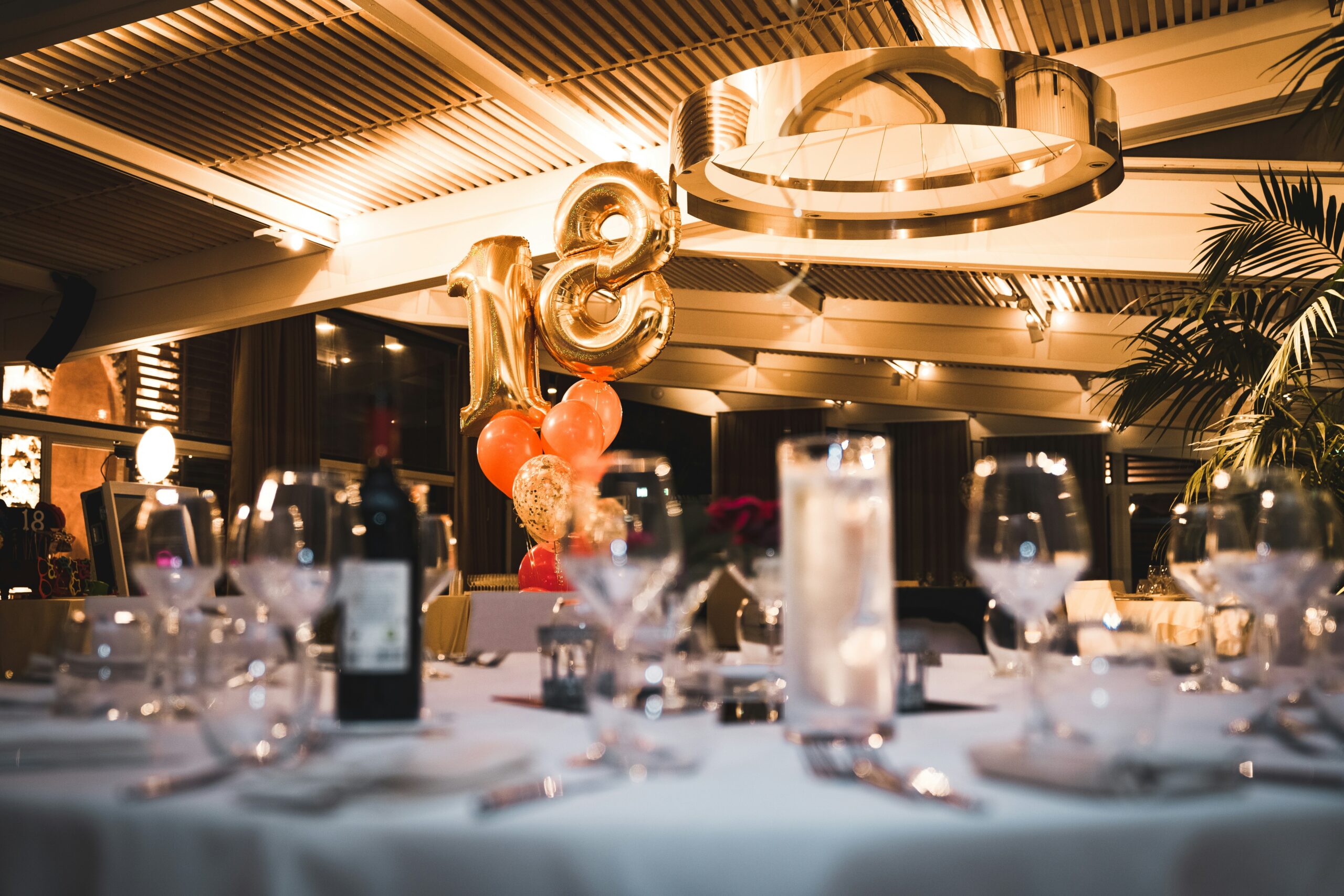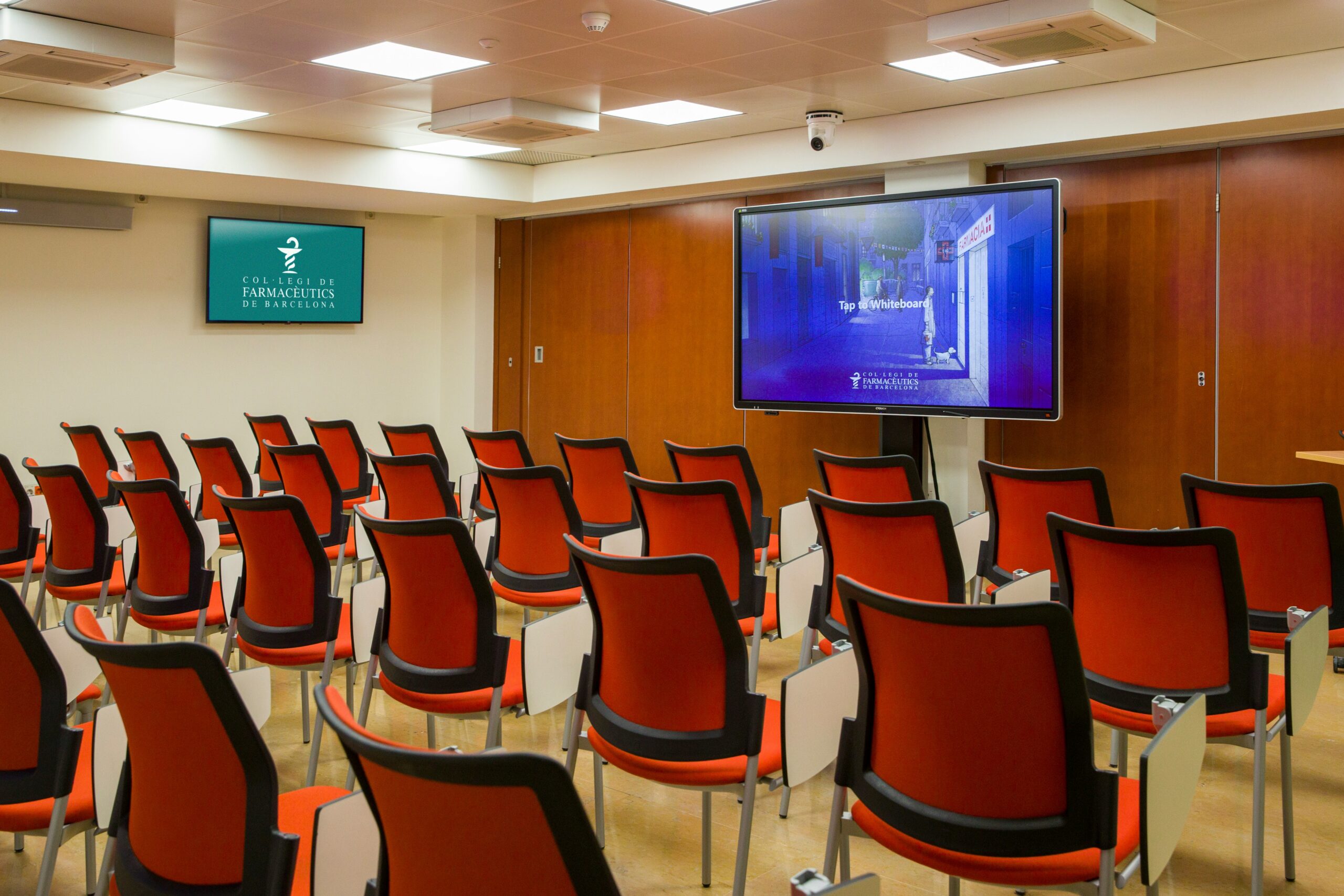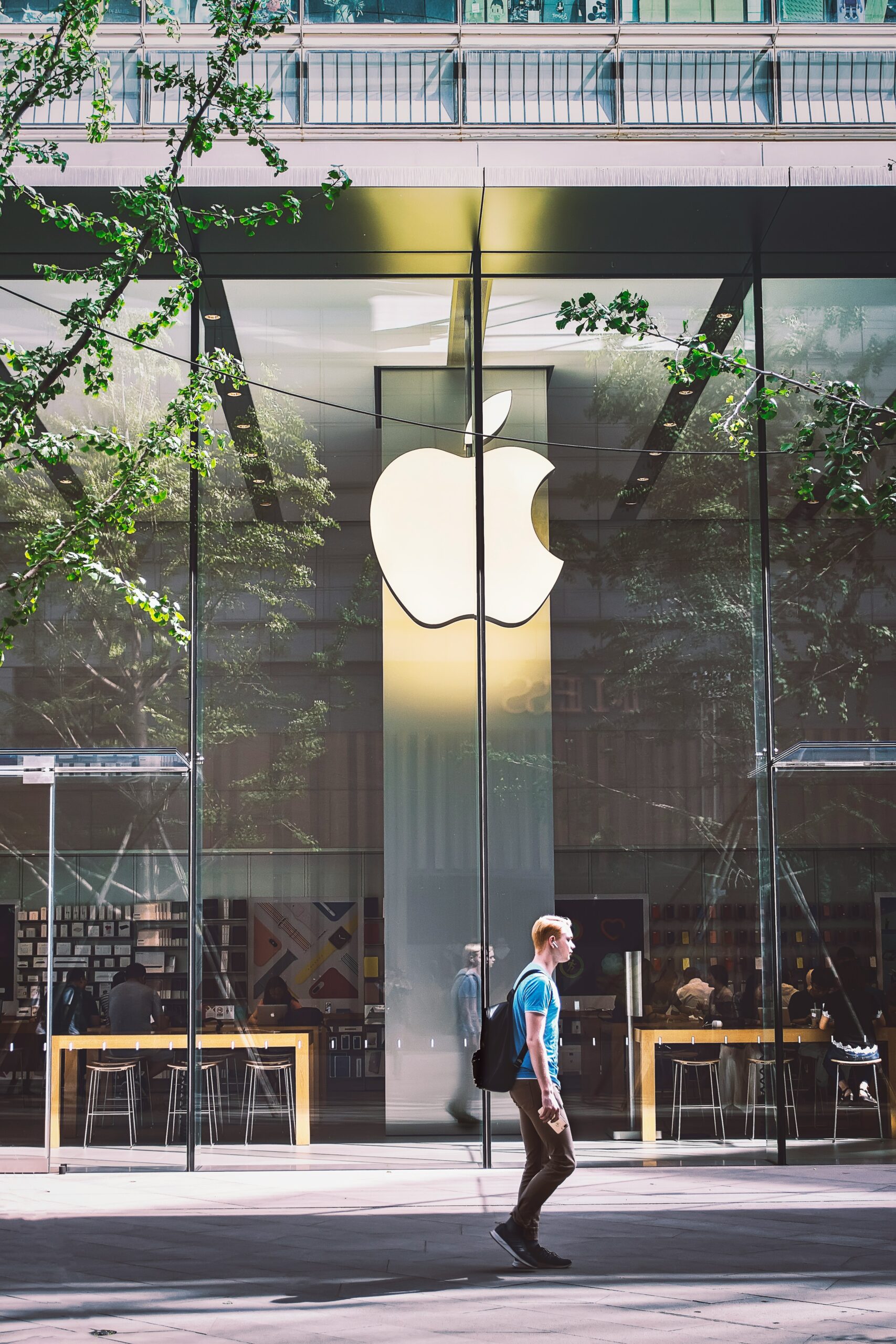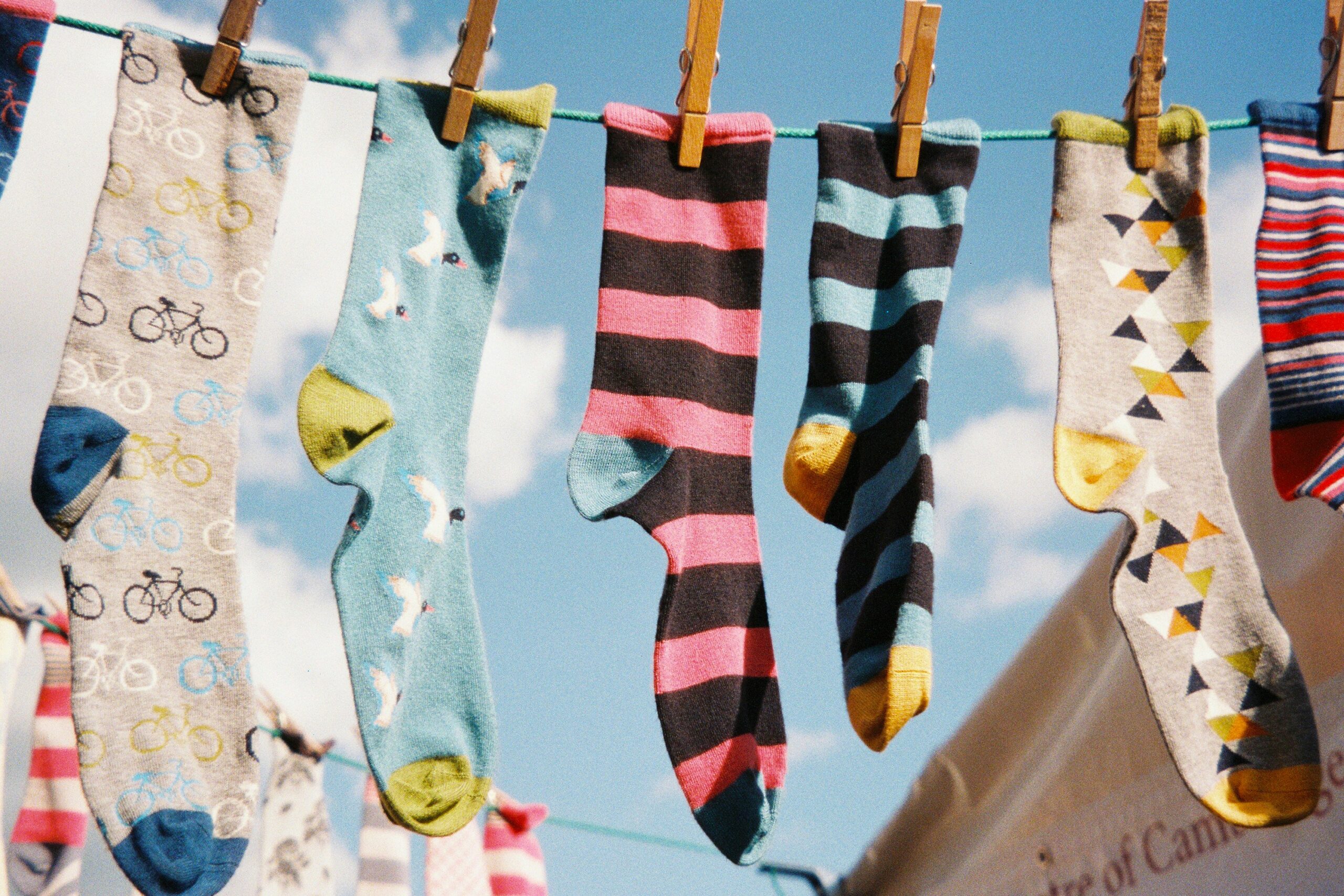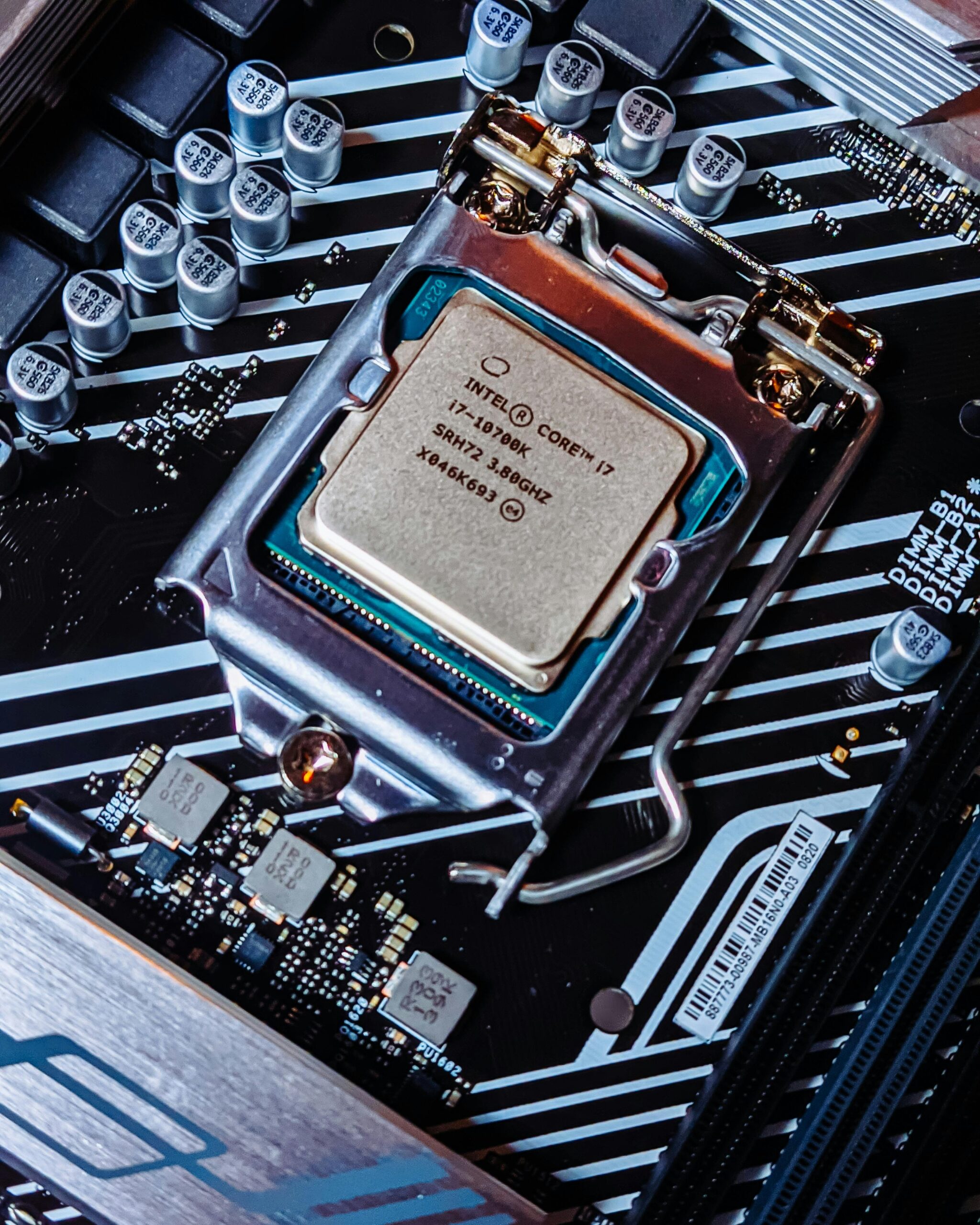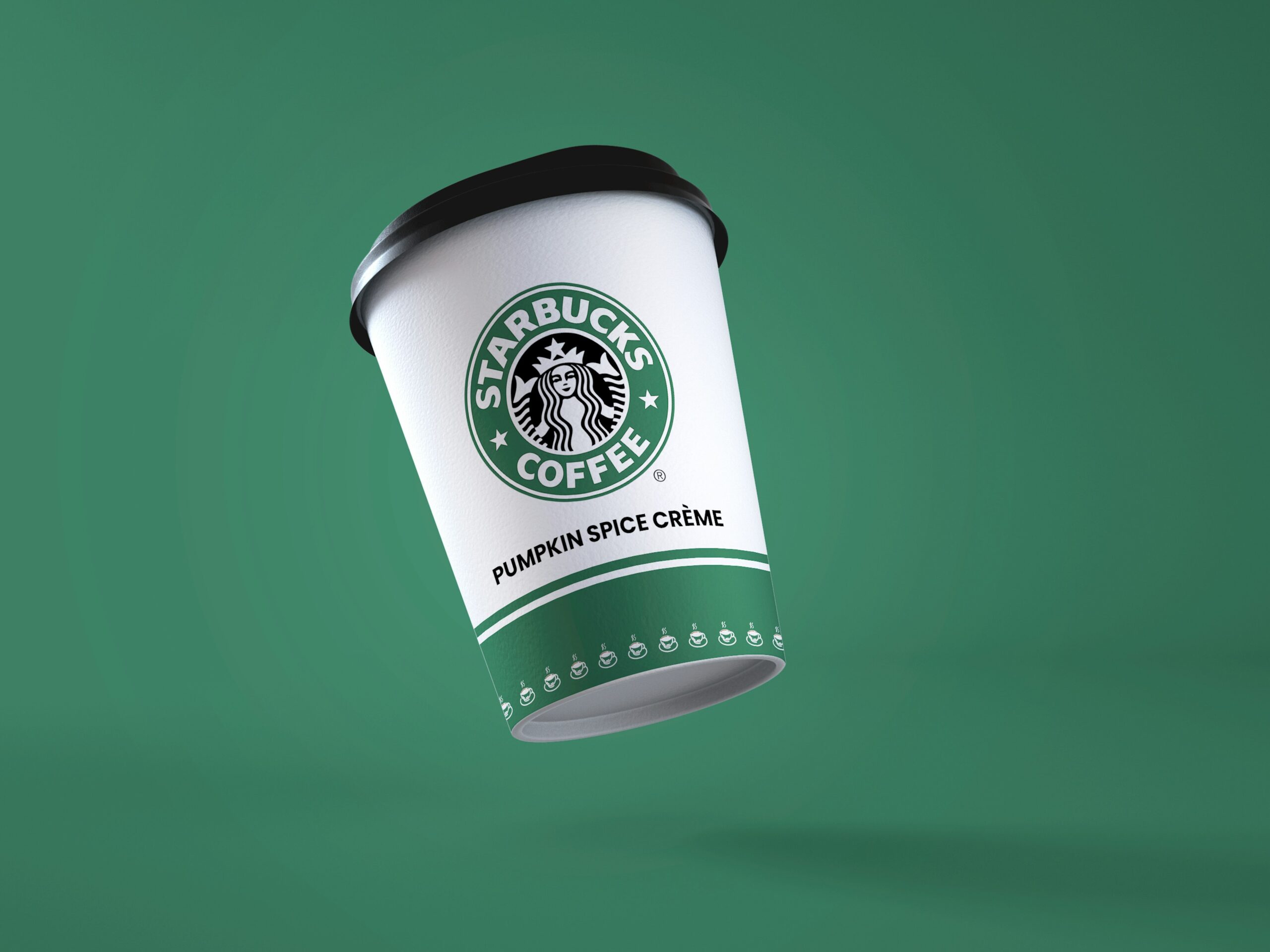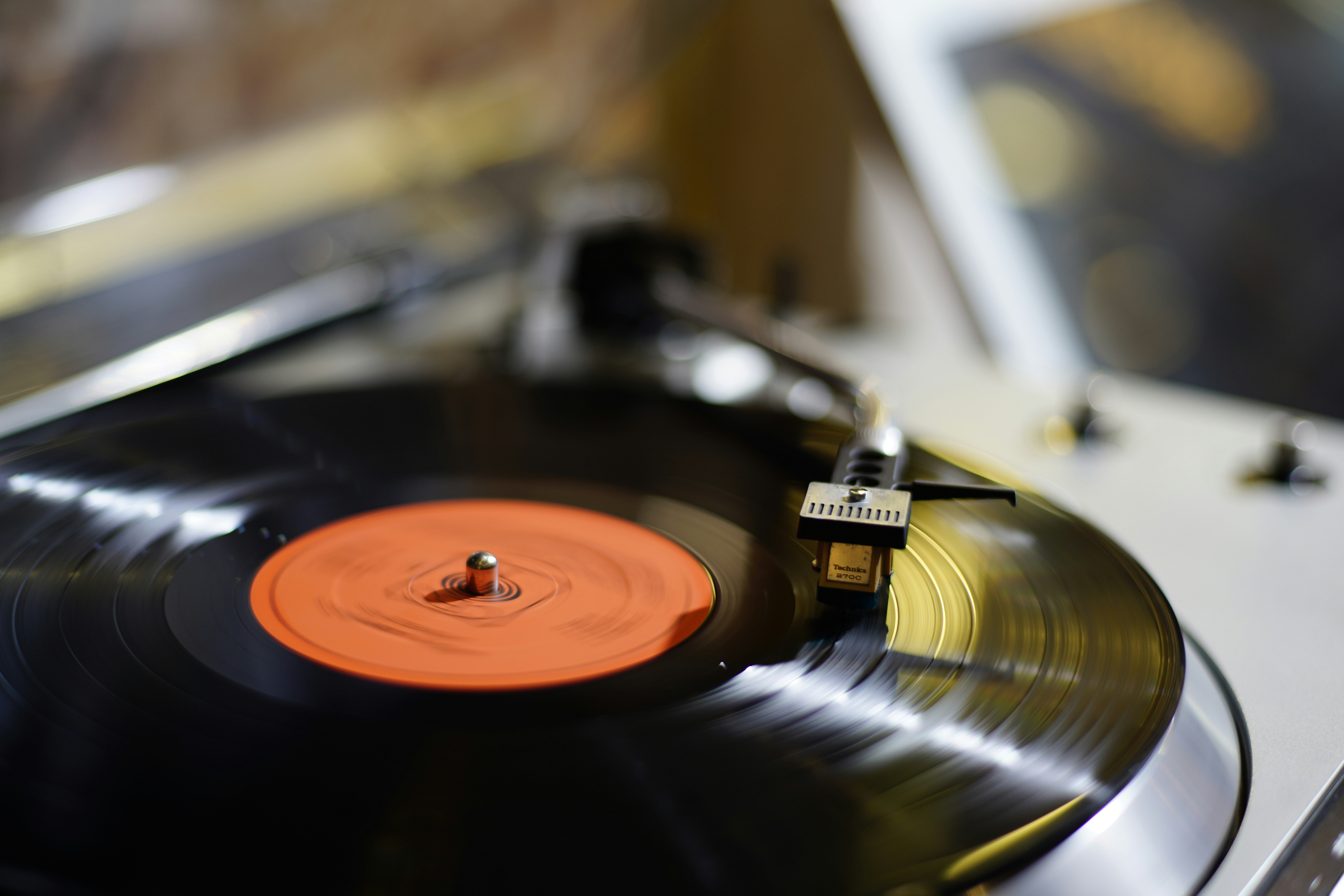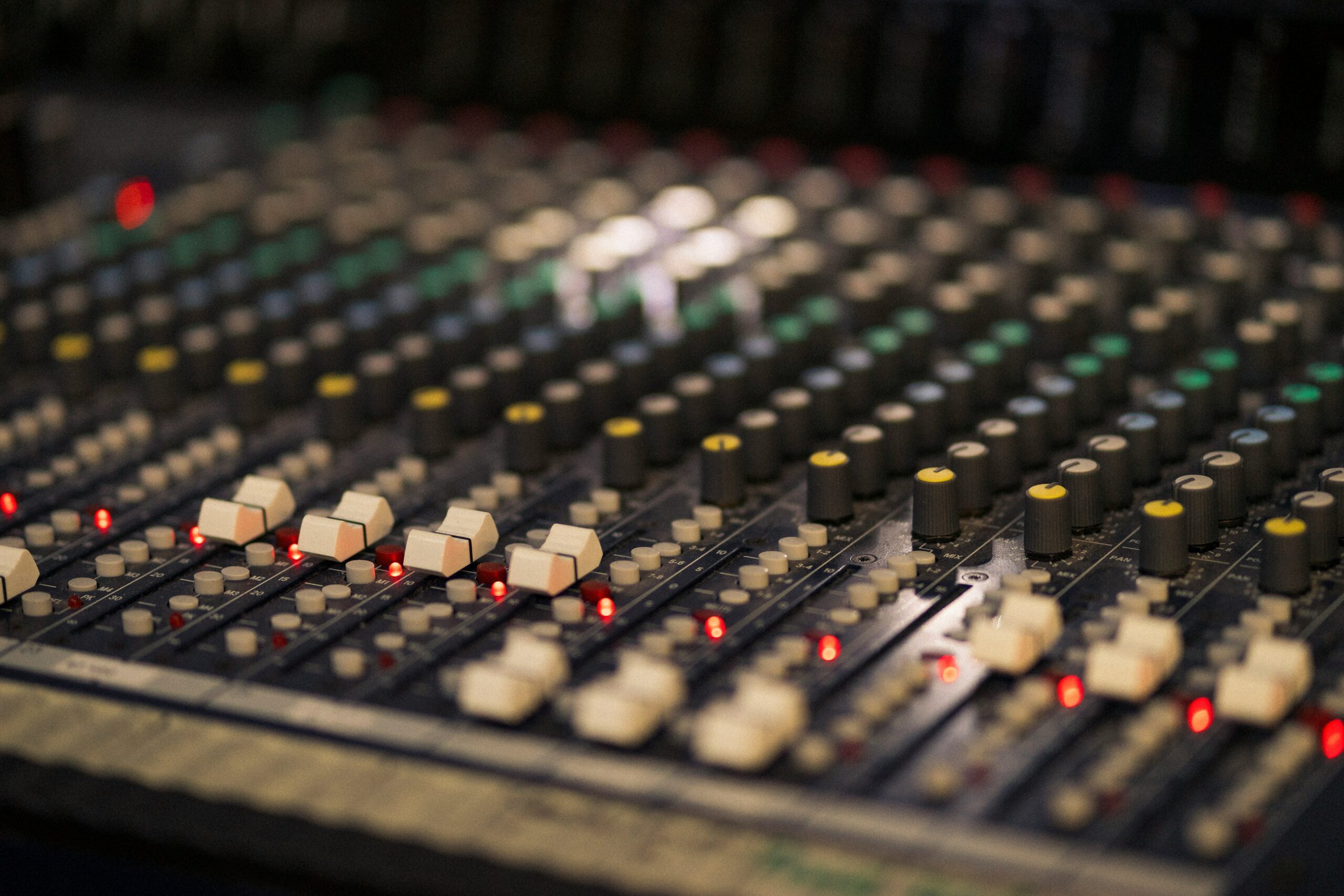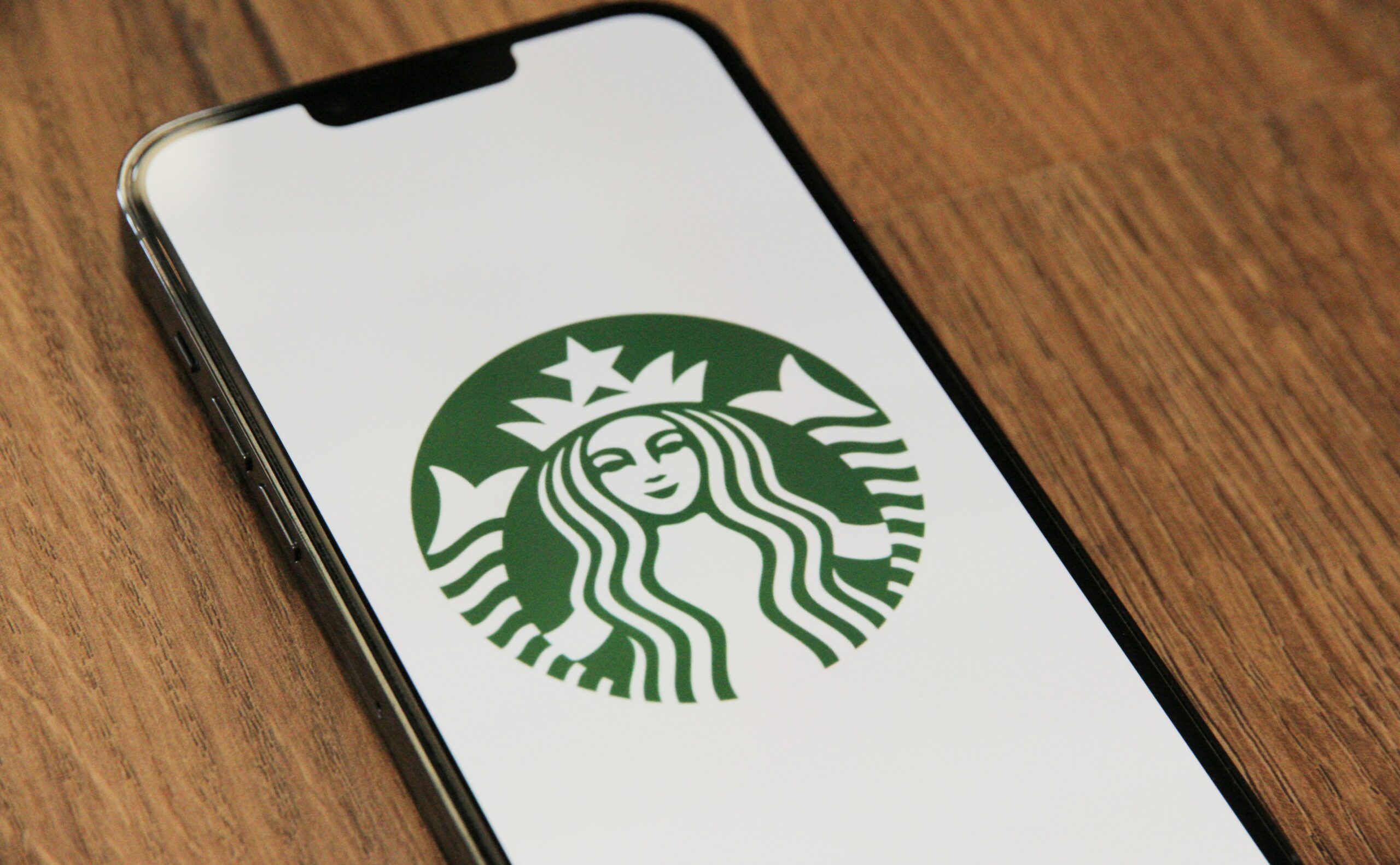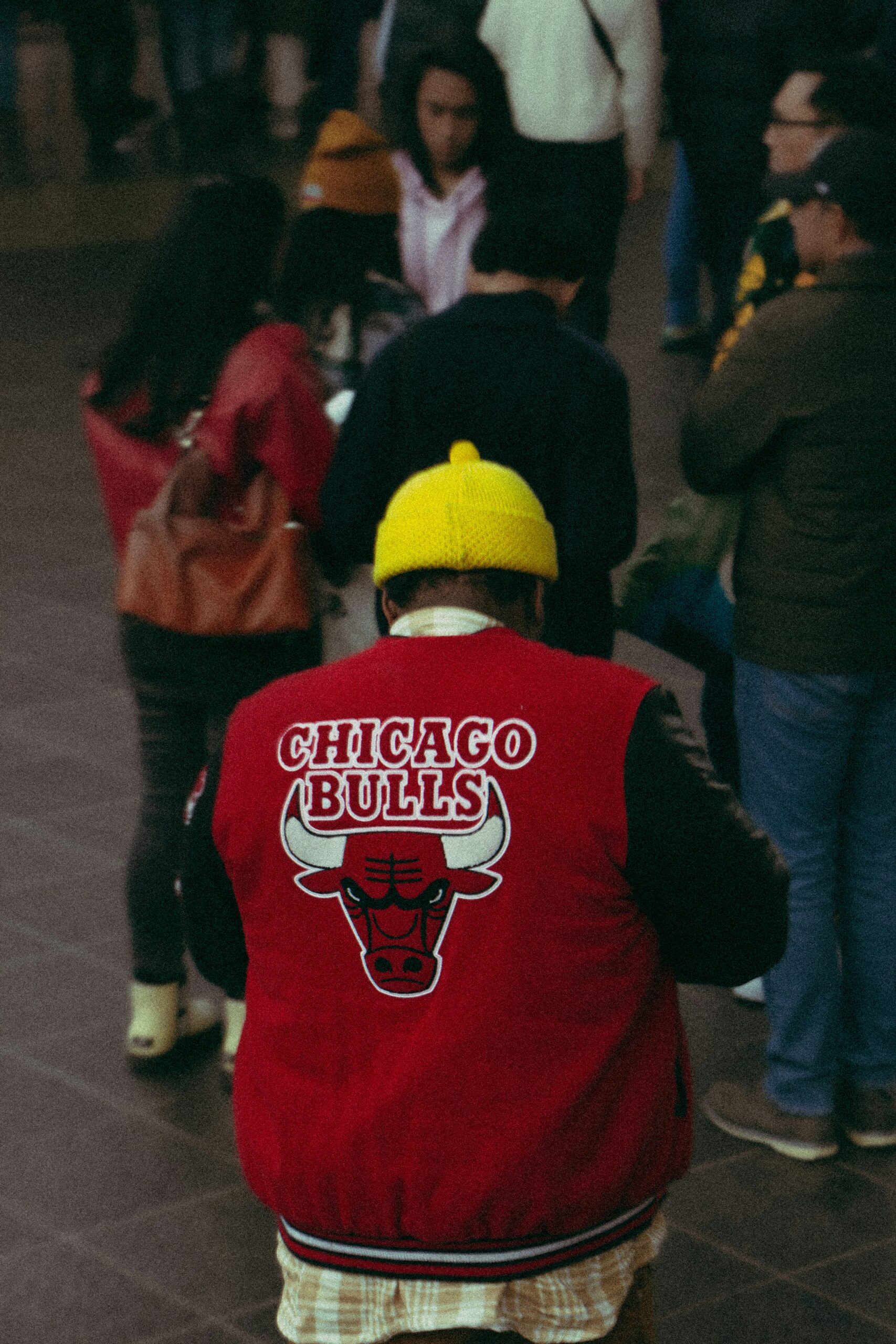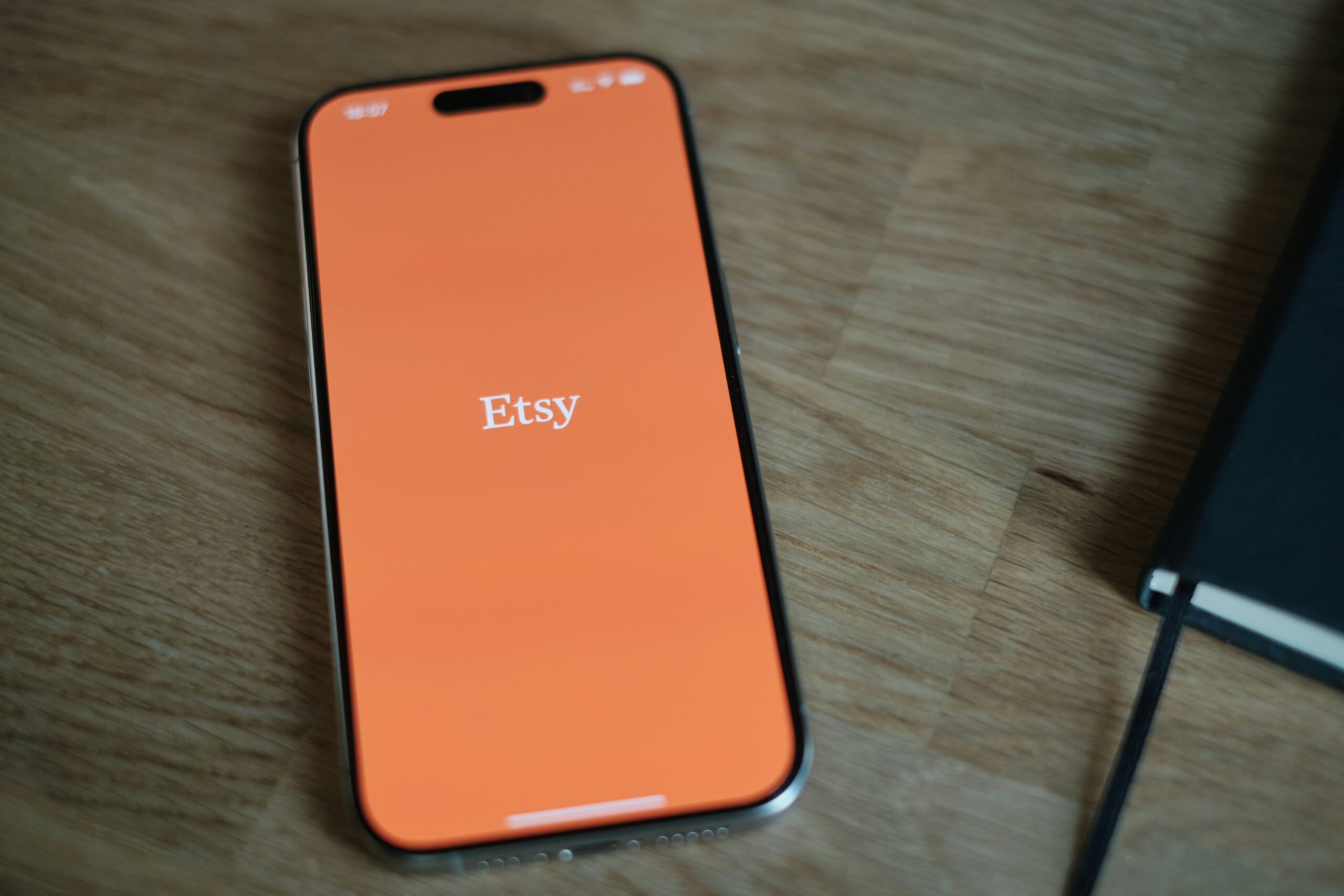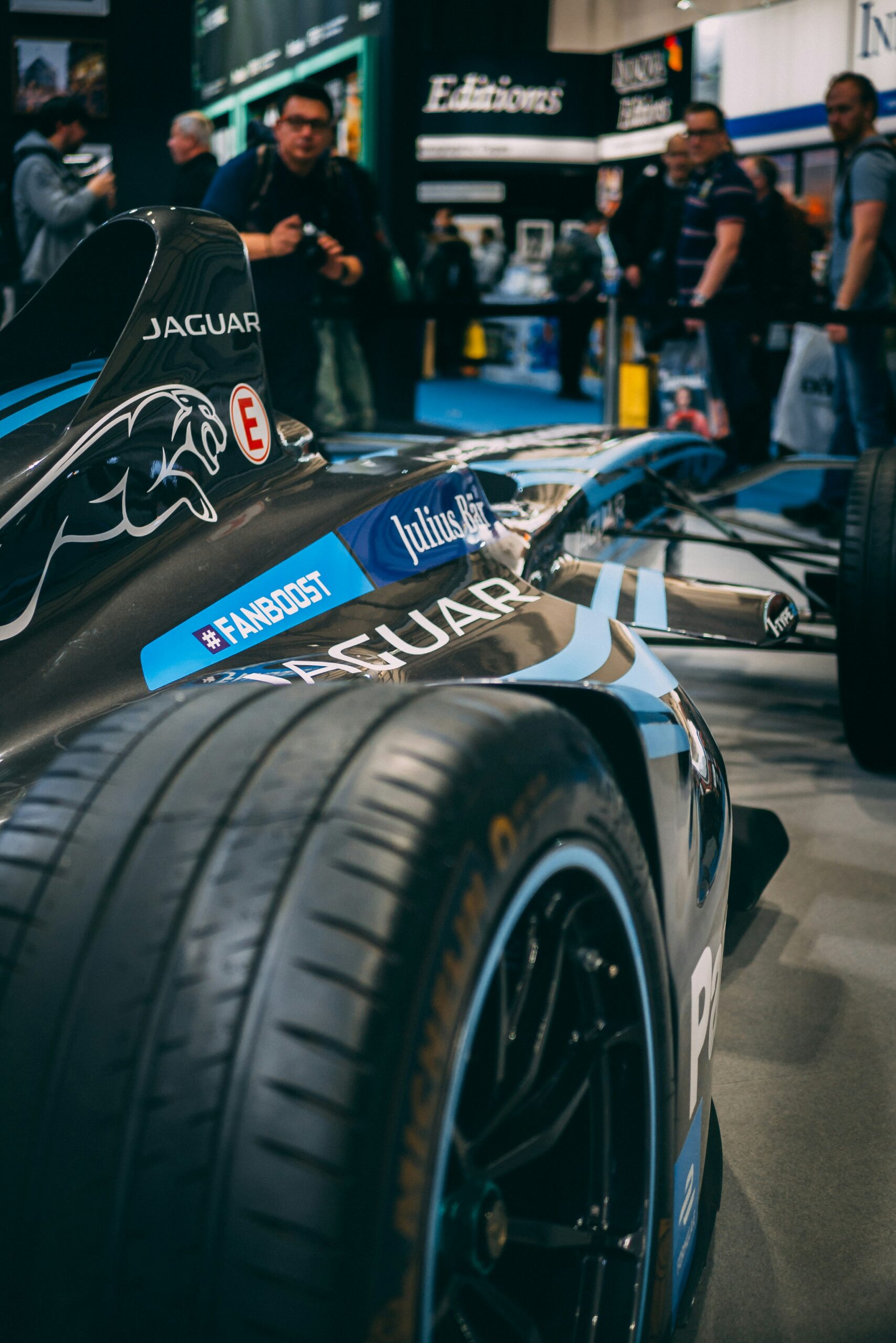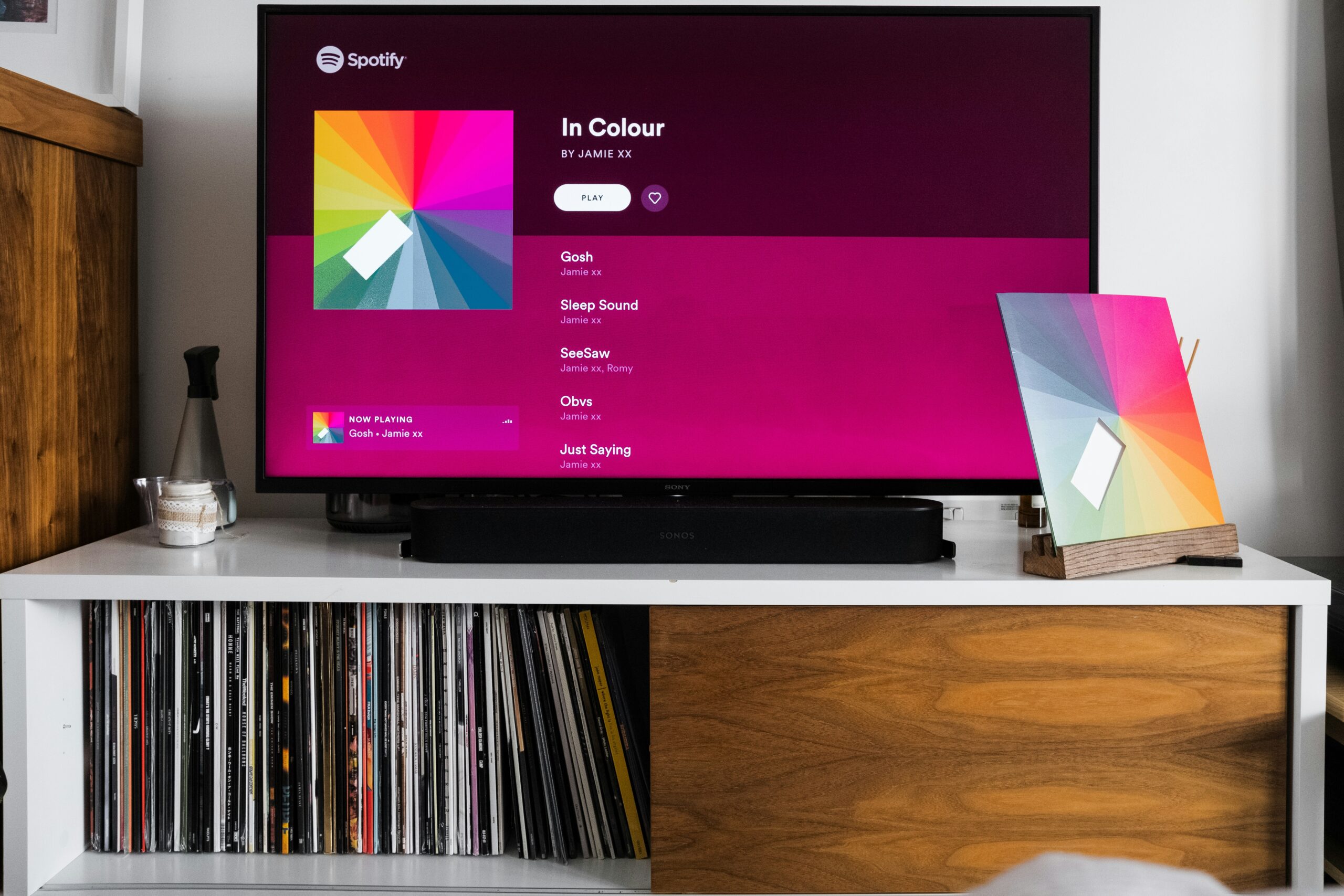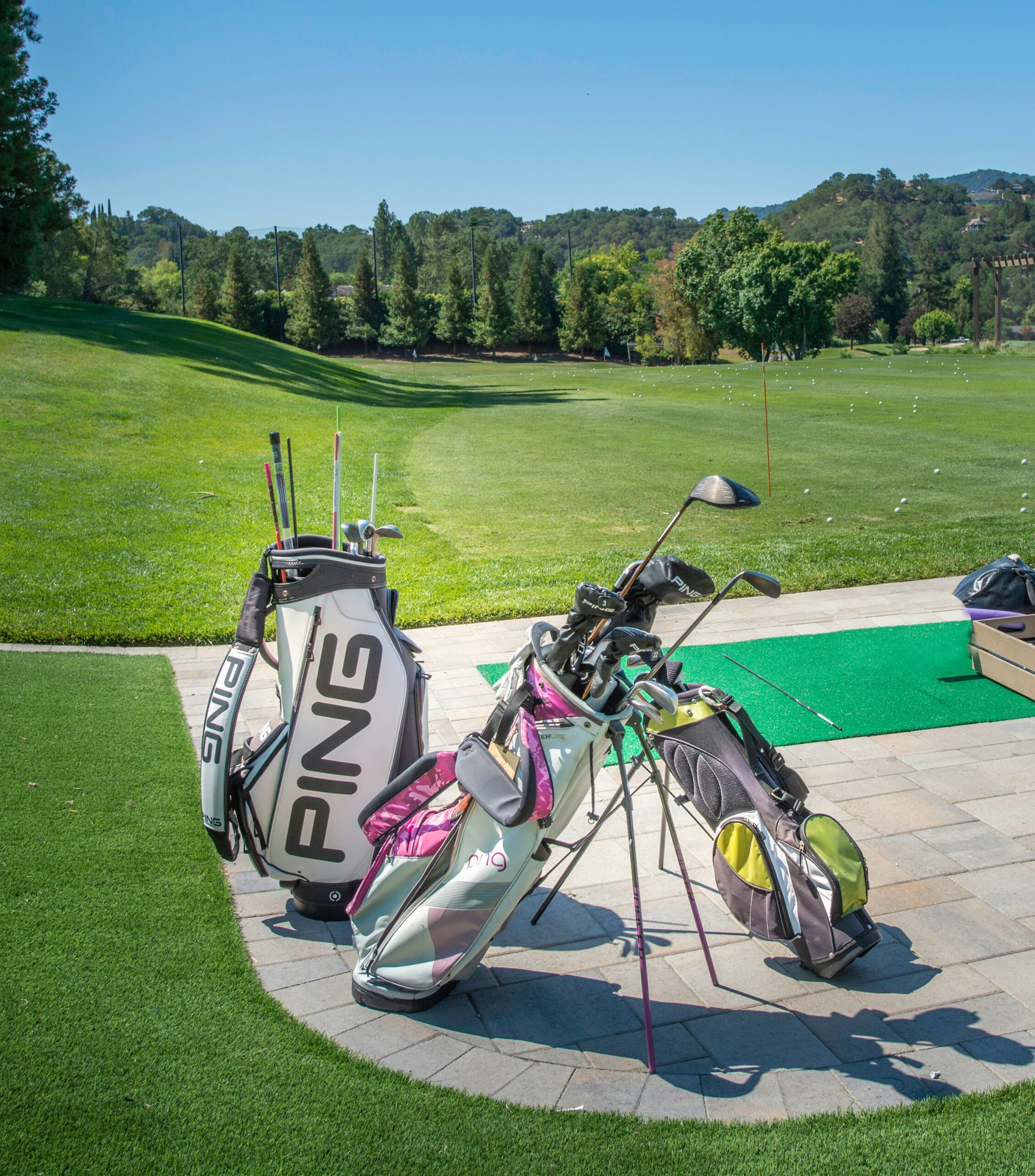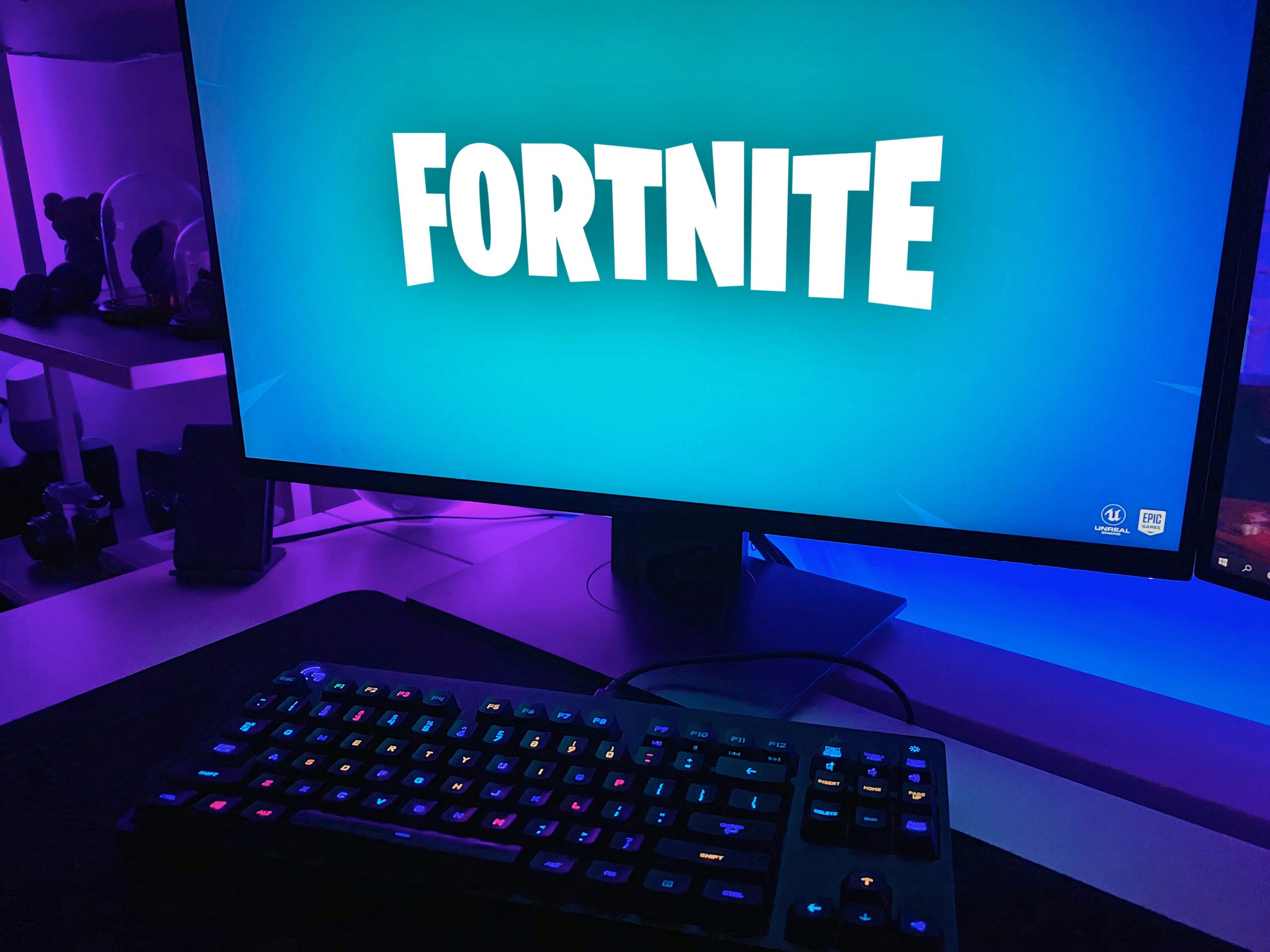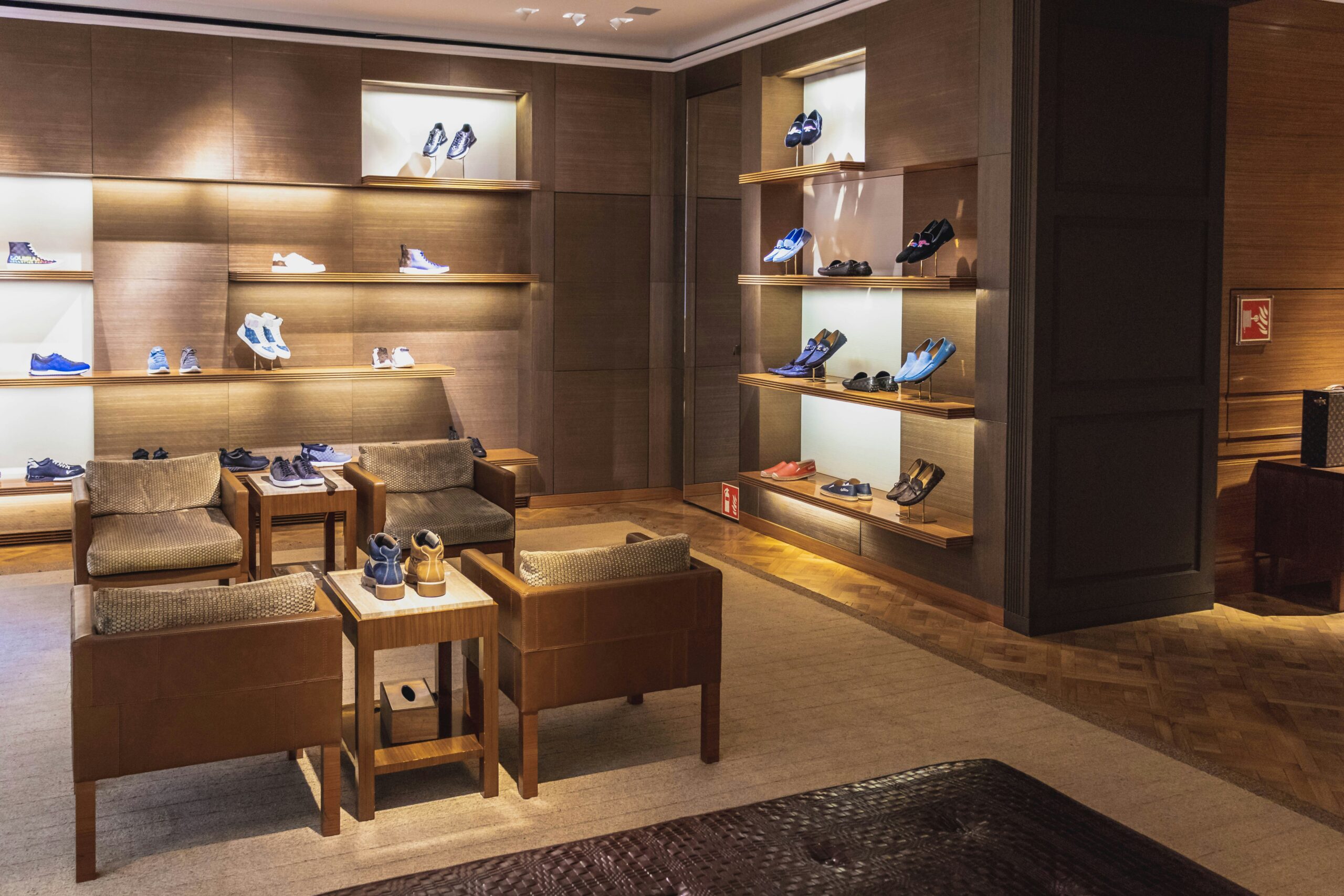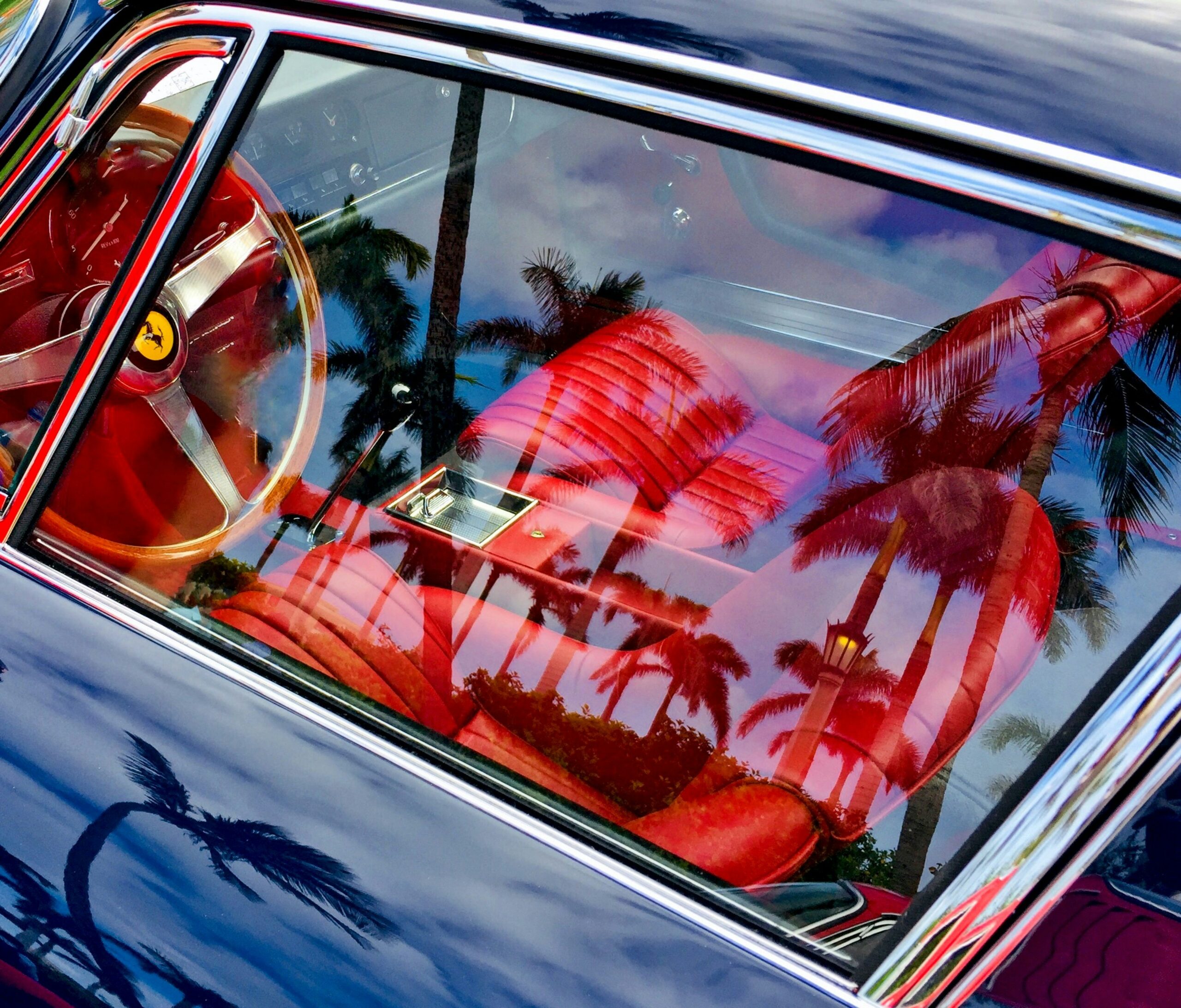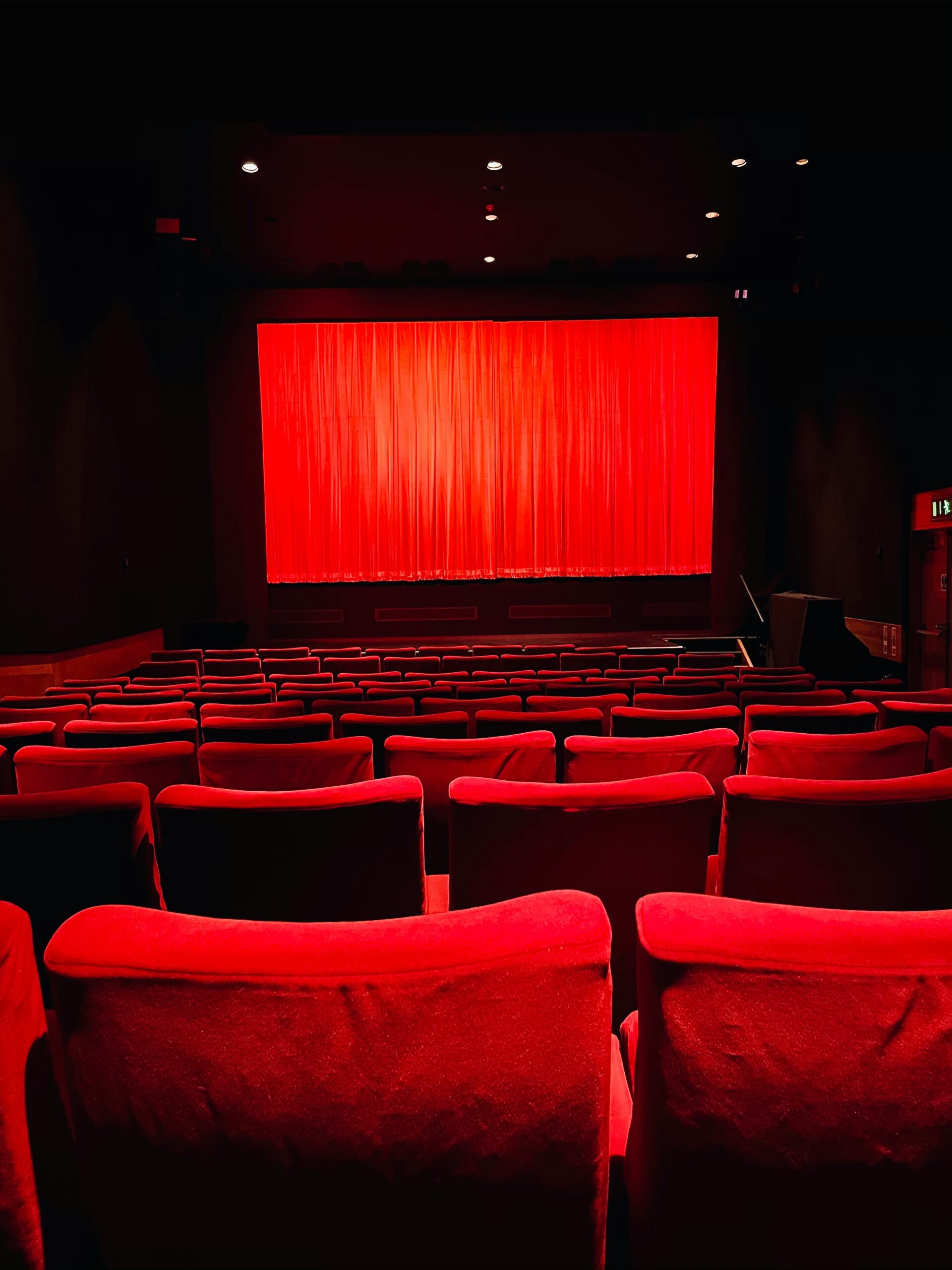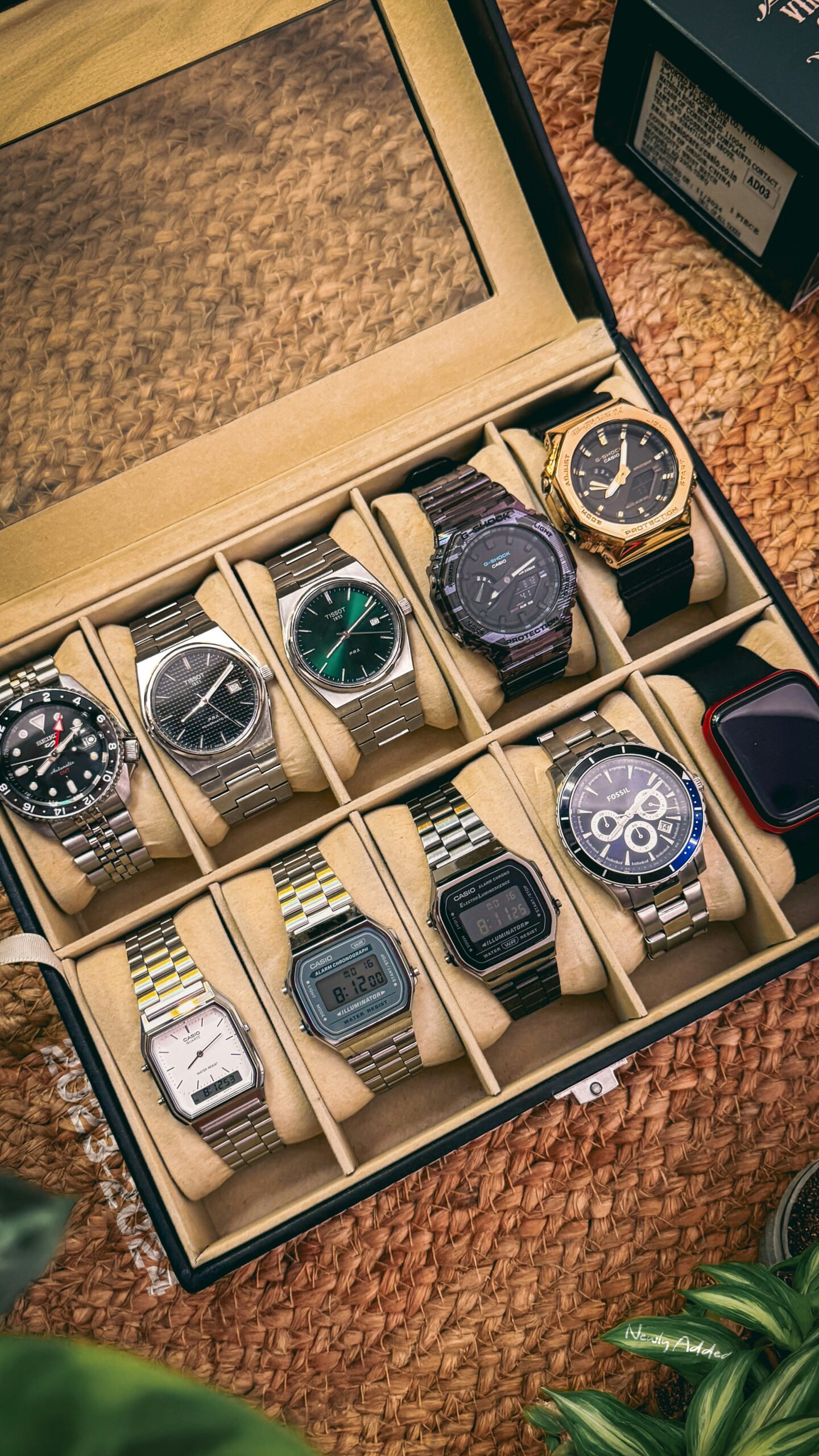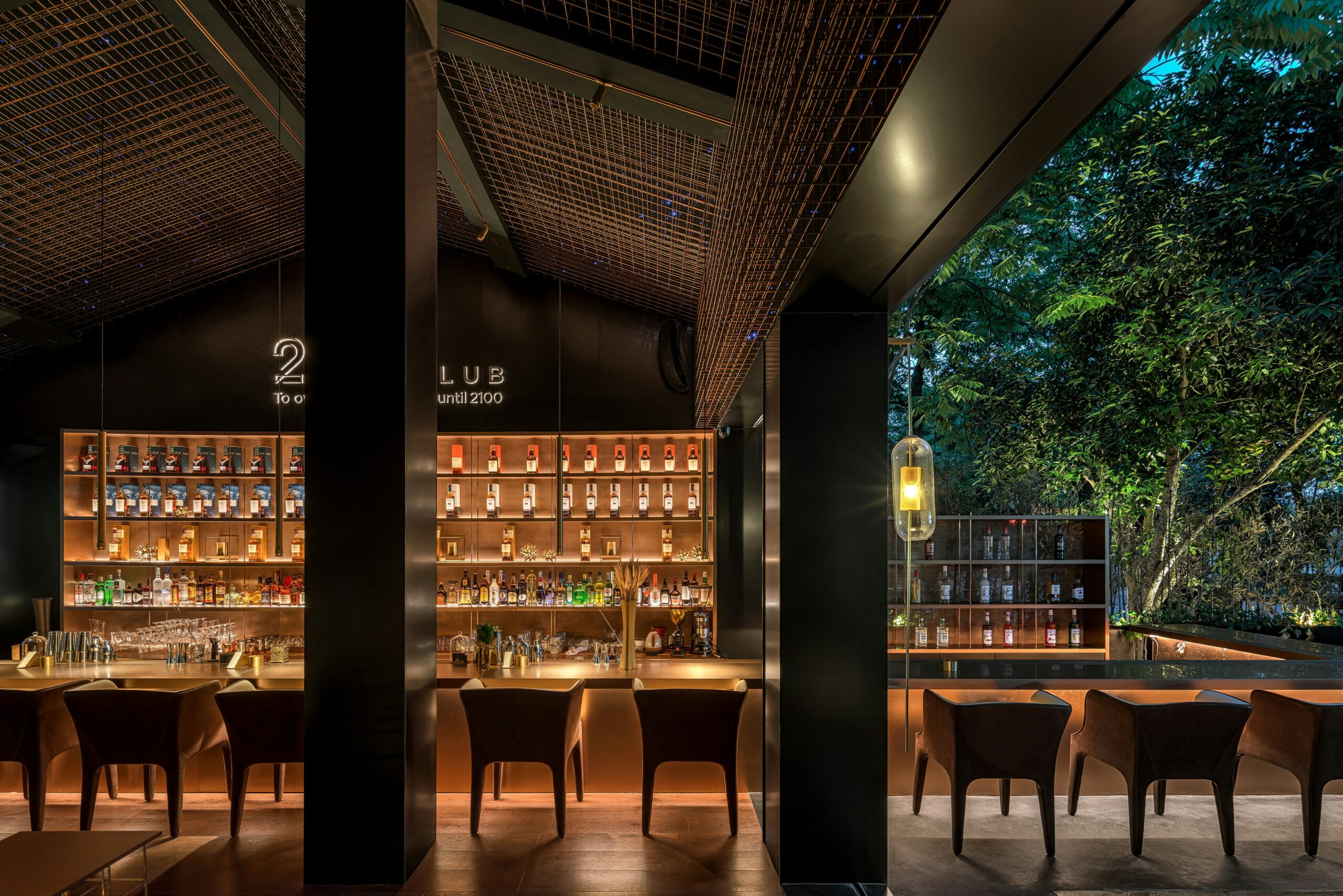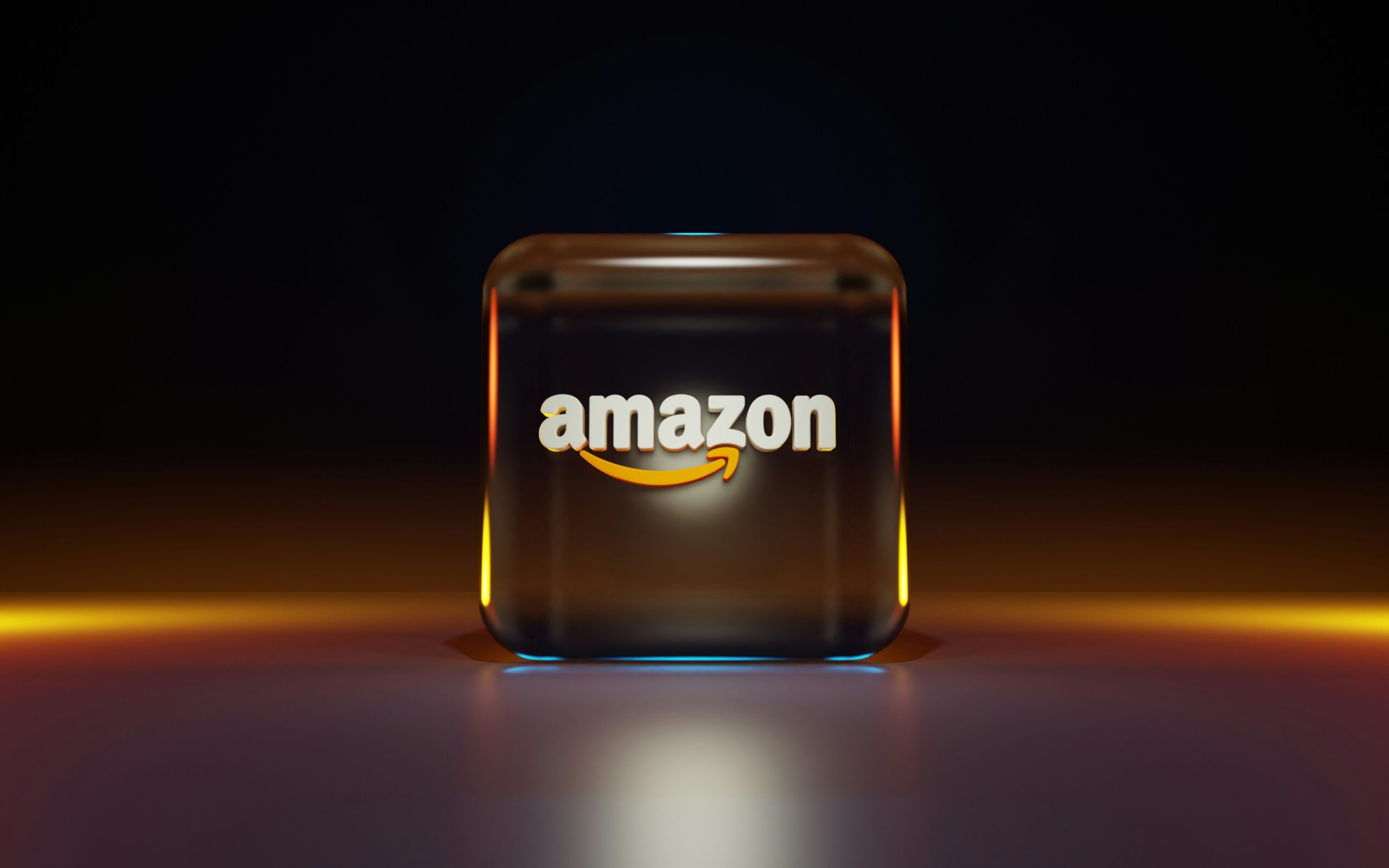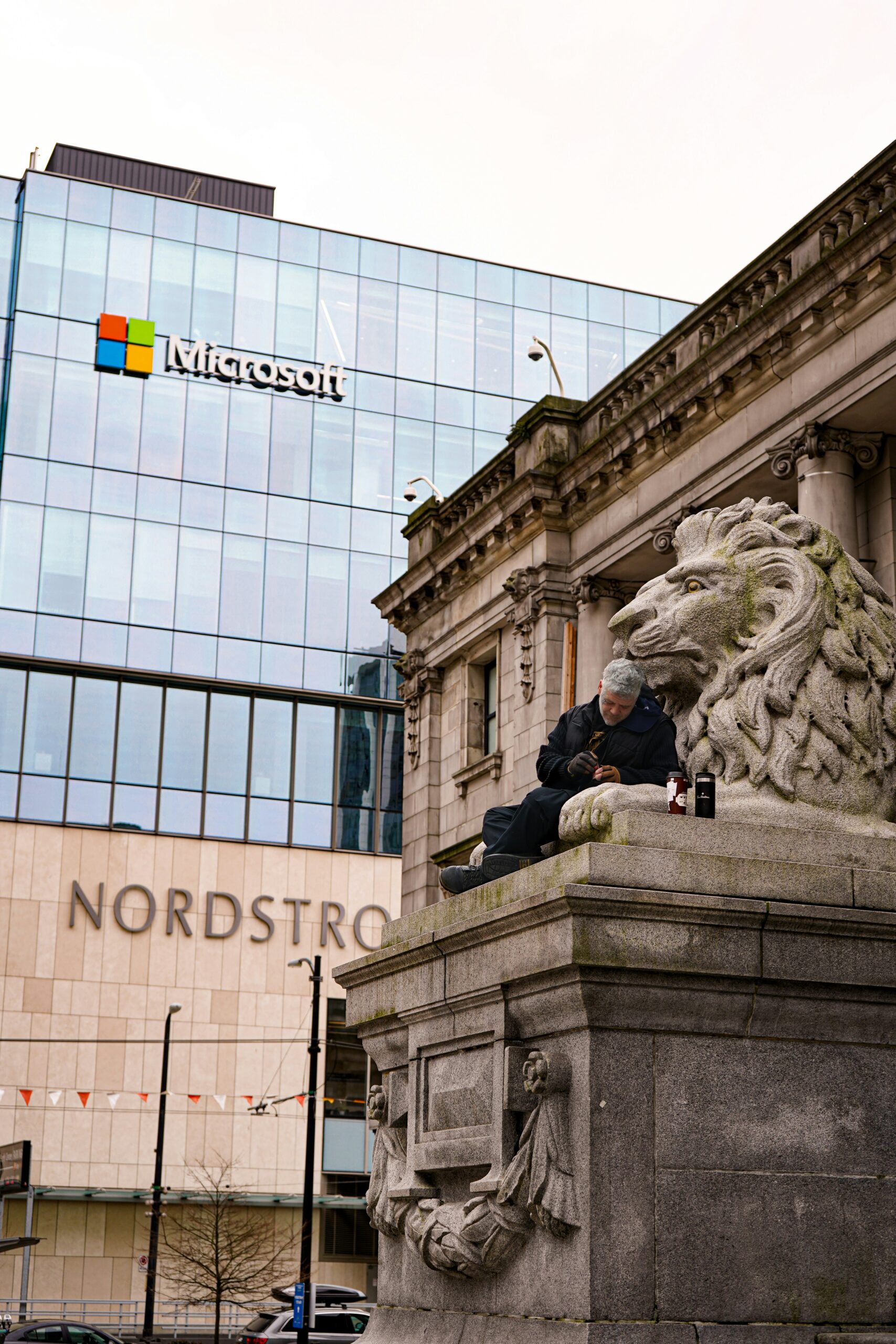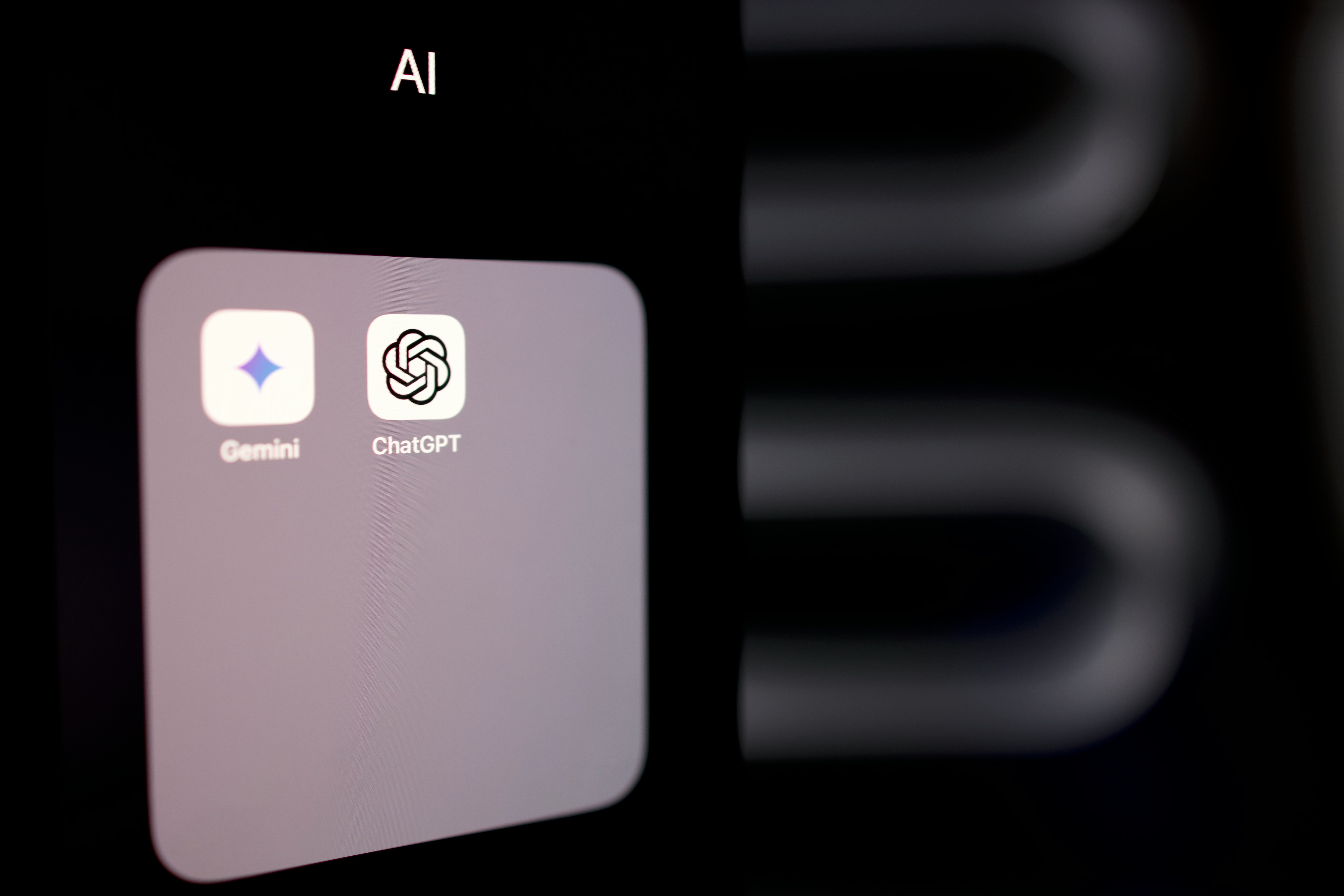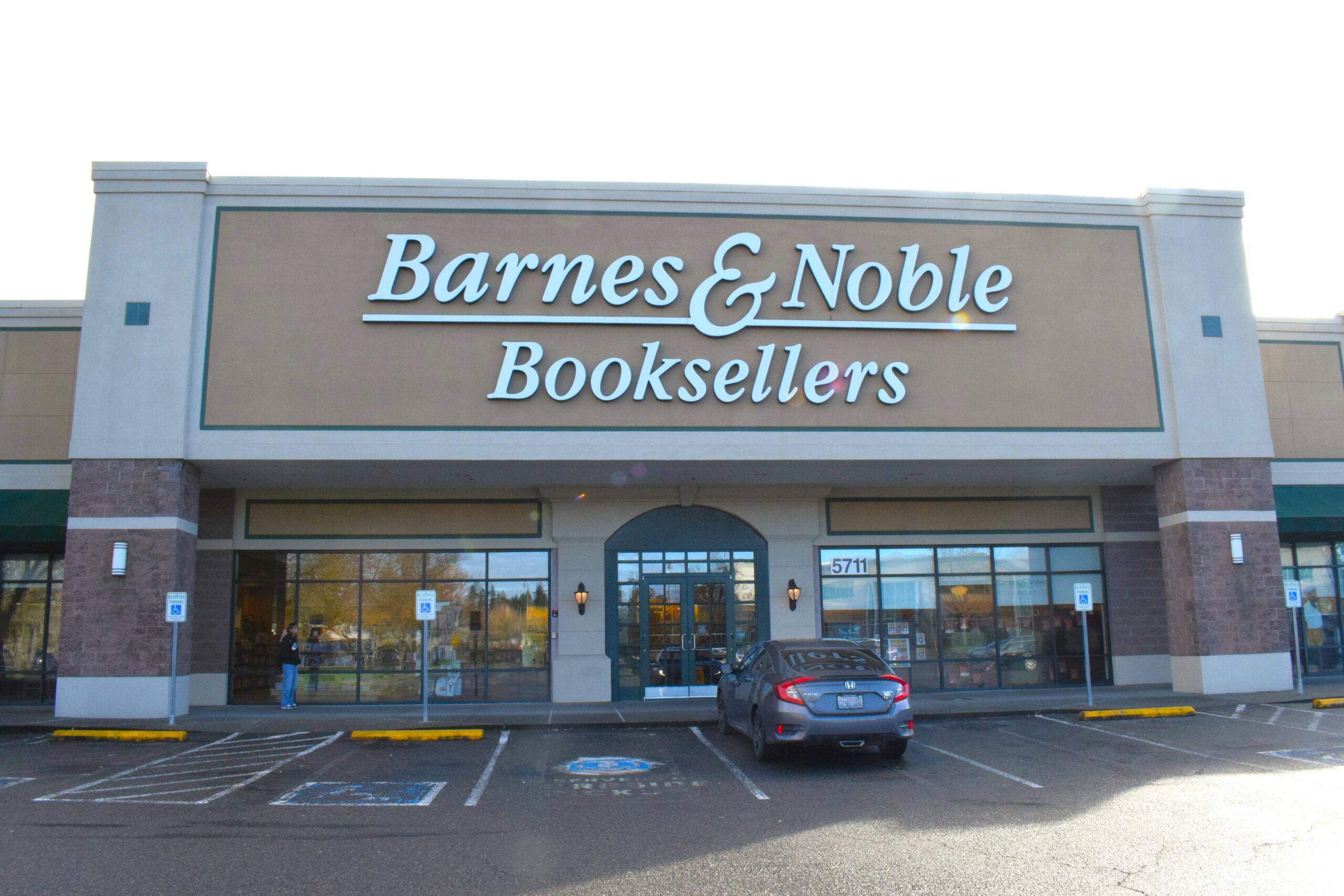Image credit: Pexels
Two of America’s major music gear retailers are using slightly different tactics in how they plan to maintain and grow market shares, customer loyalty, and engagement in an industry that includes newcomers, hobbyists, influencers, and full-time professionals.
One of these retailers, Guitar Center, operated 303 locations in early November. The California-based company also operates around 250 stores under its Music & Arts banner. These stores focus on school band and orchestra sales and services.
In contrast to Guitar Center, Sweetwater is almost exclusively an e-commerce business and operates just one flagship physical store at its headquarters in Indiana. They currently have no plans to expand to a brick-and-mortar presence.
“Generally and generationally, I think there’s just a momentum towards online shopping,” Sweetwater CEO Mike Clem was quoted as saying in an interview with Retail Dive. “Every category is seeing this increase in digital penetration.” Clem also said the pandemic reshaped expectations around online shopping.
Pandemic-Related Booms
With no alternatives during the height of the pandemic, many decided to pursue their musical ambitions via online shopping. Clem has stated that Sweetwater gained 2.5 million customers during the pandemic and that customer retention has remained strong.
Neil Saunders, the managing director of GlobalData, has said that it is surprising that customers seem comfortable with making online purchases for musical gear, as it’s often a personal discretionary buy for hands-on products.
“However, a distinction needs to be drawn between generalist purchases for those dabbling in music and more specialist purchases for those more involved in making music,” Saunders stated in his emailed comments to Retail Dive. “The latter will often have tested instruments at specialist retailers or during the course of their work, so they do try things out before buying. The former are quite content using Amazon or a non-specialist and making decisions by reading reviews and watching things like online videos.”
The bankruptcy and closure of Sam Ash Music in May mean that there are now fewer major players in music retail’s brick-and-mortar sector. As the New York-based music retailer celebrated its 100 years of business, it closed its 42 stores. Court documents revealed that Sam Ash Music was too dependent on its in-store traffic.
Replicating the Brick-And-Mortar Experience
Though Sweetwater is primarily an e-commerce operation, the company has taken the extra steps to offer curated, personalized shopping experiences online. Guitars over $299 get taken out of the box to receive a functional and cosmetic inspection, and each is captured with high-resolution photos. As a result, the customer can choose not just a specific make and model of a guitar, but an exact serial number if specific details such as a wood grain pattern catches their eye.
Alongside Sweetwater, Guitar Center is pushing into the experimental retail space. The company opened a state-of-the-art studio in its Hollywood, California store in September. The GC Pro Dolby Atmos Creation Studio is designed to showcase the latest surround sound technology to artists, producers, and content creators, and also serve as a production studio for Guitar Center’s podcasts and artist interviews.
Competing With Retail Giants
Typical customers shopping for music gear at websites such as Amazon, Walmart, or Temu are not core customers of Guitar Center or Sweetwater. People who choose one of these retailers for music-related buying are often new to music creation or simply hunting for the best deal.
Clayton Durant, the founder of CAD Management and an adjunct professor of music business at Long Island University’s Roc Nation School of Music, Sports & Entertainment, has stated that these customers “may not be looking for the expertise and specialized service that dedicated music retailers provide.”
In the end, Amazon, Walmart, and Temu can draw customers with price and shipping convenience, but cannot compete when it comes to the service that dedicated musicians and creators want and expect.
Durant has stated, “This kind of personalized, ongoing support is a major differentiator in the music retail landscape and is why it is unlikely that any of these major retailers will ever become market leaders in music-related gear.”
